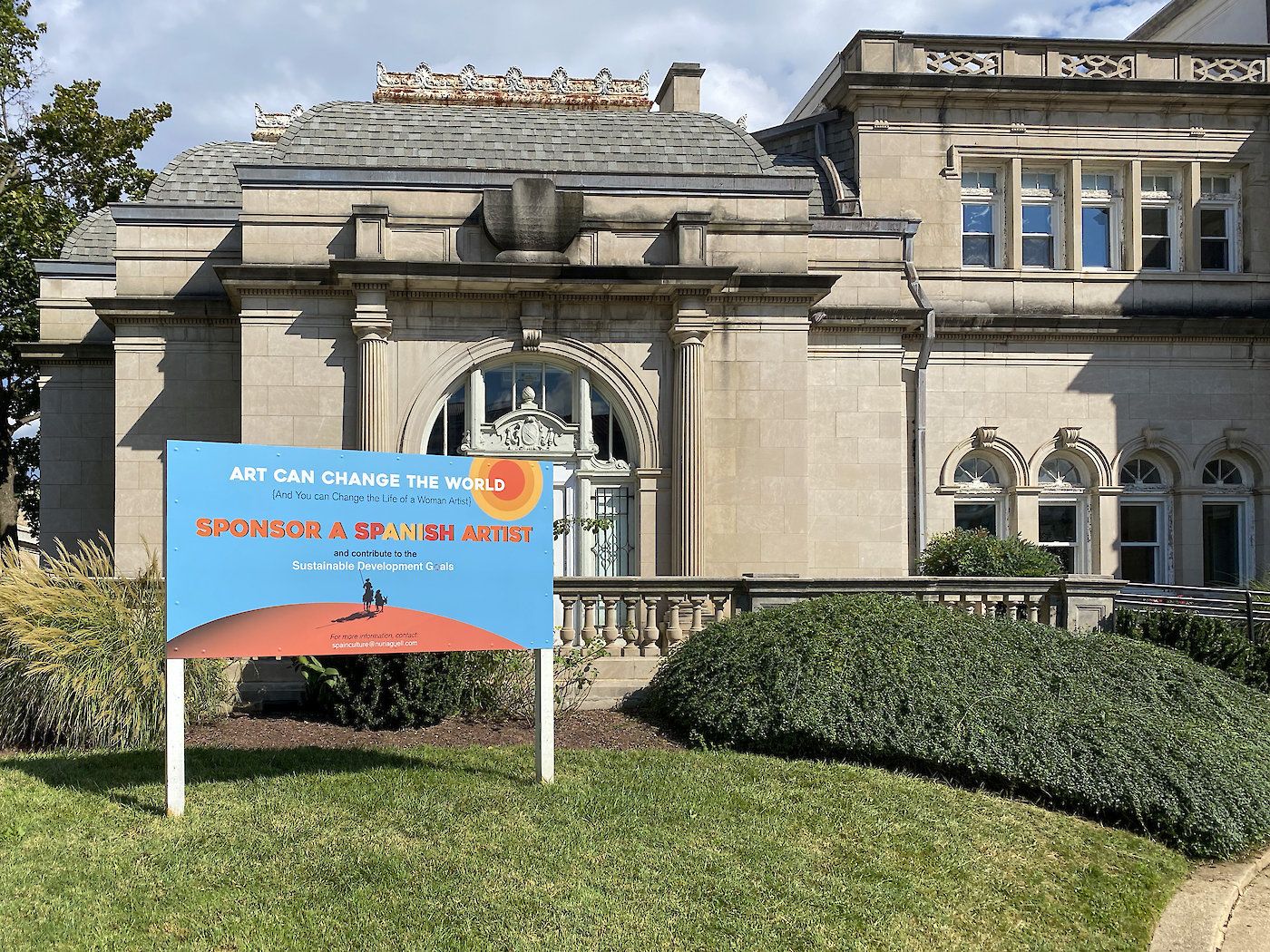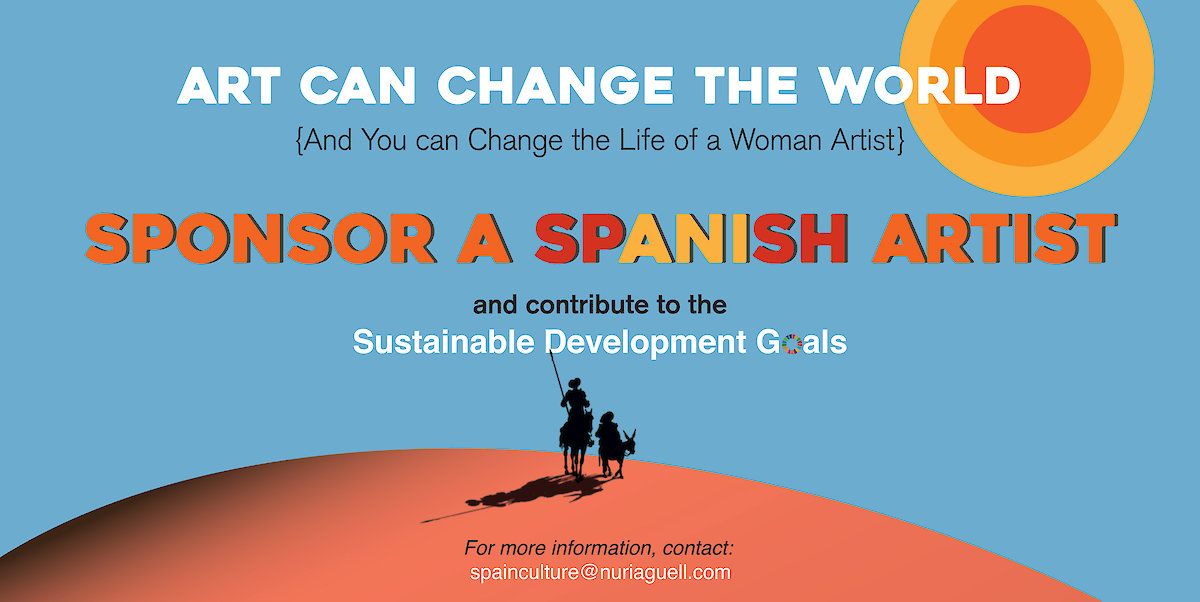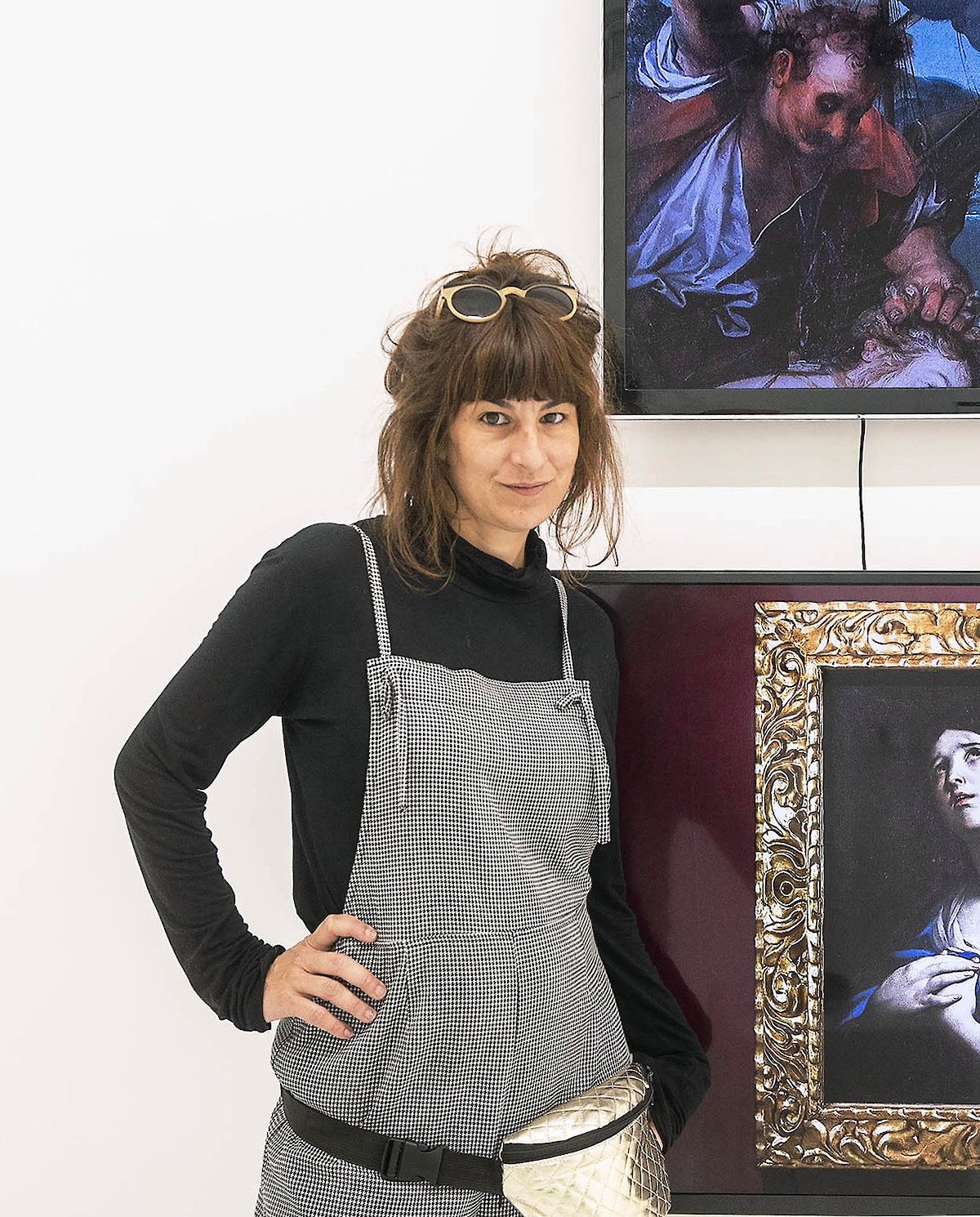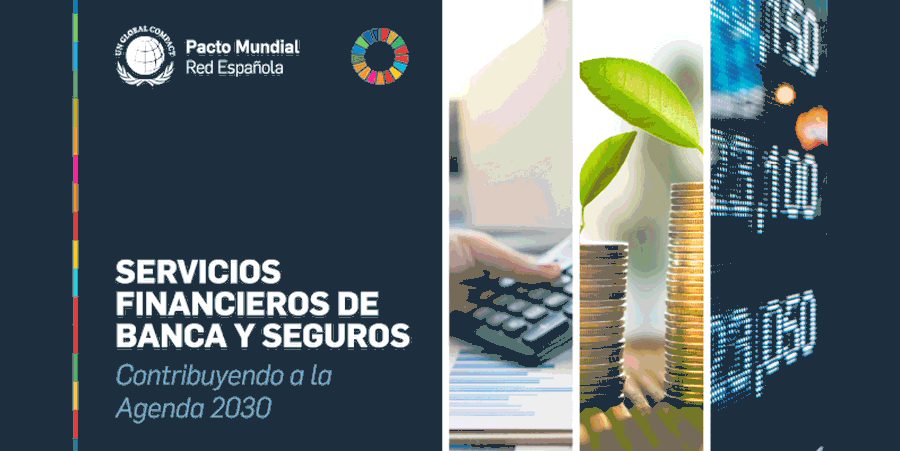Núria Güell
1 / 17

My doubt in front of the United Nations Sustainable Development Goal No. 1
The main purpose of artist Núria Güell has been to use the space on the poster displayed in the gardens of the Cultural Office of the Embassy of Spain in Washington, D.C. as an advertisement and a platform to appeal to the charity of viewers in the nation’s capital.
In her work, Núria Güell suggests sponsoring a female Spanish artist with a minimum contribution of $300, which is approximately the amount that artists must pay monthly in Spain in order for them to be able to work under the umbrella of the law. Güell herself would be the recipient of any potential financial aid. If a kind-hearted viewer/participant agreed to sponsor Núria Güell, they would receive an original drawing signed by the artist, as a token of appreciation.
The means of contact provided was the artist’s e-mail address or the artist’s website.
This initiative, and its sequence (advertisement – contact – donation), follows one of the methodologies that Güell generally applies in her practice, which she calls analytical replica. This method consists of embodying and replicating the same attitude shown by the social or political phenomenon being analyzed in order to make it more visible particularly through her work and using art as a medium. Thus, the context and the execution of her work act as a magnifying lens that allows us to analyze from a critical perspective the nuances of what is socially accepted. On this occasion, she suggests we reflect on the first of the Sustainable Development Goals: End poverty in all its forms everywhere.
To this end, in her research she calls for two key issues to be reviewed. First, the concept of poverty itself: a lack or need that should not be measured only by an economic index or factor. Let us remember that culture is not included in any of the SDGs.
Secondly, she aims to point out the lack of real agreement to work in an effective and internationally coordinated manner towards a fair distribution of wealth. The goals included in this agenda seem inconsistent particularly when the signatory countries – Western countries in a privileged position – are the ones failing to reach an agreement to tackle international tax fraud and evasion.
Güell, with fine irony, proposes only one possible solution: charity. She reminds us that in 1815 Oscar Wilde already talked about philanthropy, referred to these virtues— that supposedly indisputable benevolent empathy — as “remedies that are an integral part of the disease.” The solution is materialized in the poster itself, integrated as part of the political landscape, just like the good intentions in disguise shown by states and corporations, which use campaigns and logos to hide paternalism, if not cynicism. Her work aims to expose this structural and symptomatic contradiction.
Despite the openness of the team of the Cultural Office of Spain and the total freedom artists have to propose actions to carry out as part of this project, Güell’s work cannot be carried out. The proposed action cannot be completed, due to the existing regulations on exhibitions hosted by the Former Residence, which excludes works that involve an economic exchange, either during the process, as part of it or in the final piece. In a coordinated manner, both the artist and the curatorship believe that by exposing this sequence of events and impossibilities, another layer is added to the process of Sponsoring a Spanish artist.
In addition, this work offers a reflection on our real ability to act from the perspective of contemporary art, as part of Not Only What, But Also How project, which has set itself the goal of analyzing the 2030 agenda, and also of understanding in general how prepared we all are -creators, audiences and institutions- to address and rethink the ways of doing, be it art or politics.


